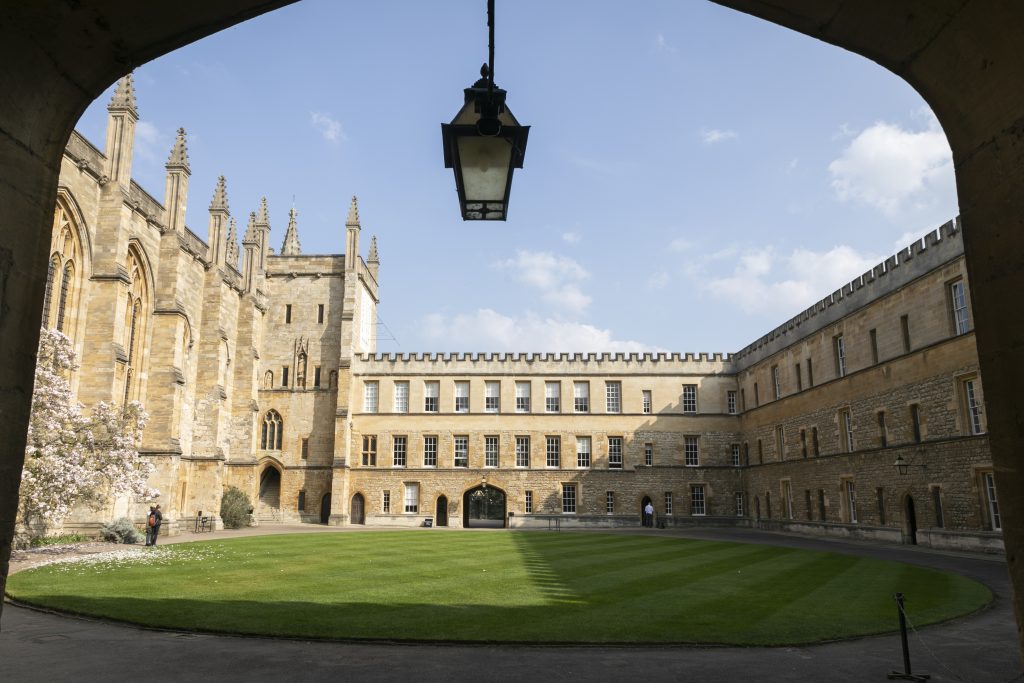On Saturday 8th June 2024, New College will host a study day for Year 12 state school students who are interested in pursuing a degree at a Russell Group University in either:
- Modern Languages
- English Literature
- A combination of the two

This cross-curricular study day will explore the following essay question:
“In reading the literary works of the past, to what extent should we judge them according to our own moral and literary standards?”
The study day will include academic sessions, an essay writing session, lunch in the dining hall, and a tour of the college.
Up to £100 in travel expenses will be paid for by New College.
Following the event, attendees will be encouraged to enter an essay competition which has a £500 cash prize. In addition, £250 worth of books will be donated to the winner’s school library.
In order to apply, you must be a Year 12 student in a UK state school or sixth form college. You should also be considering a degree in either Modern Languages, English Literature or a combination of the two at a Russell Group University.
You can find out more here and submit your application via this online form.
Applications close at midday on Wednesday 1st May 2024.
